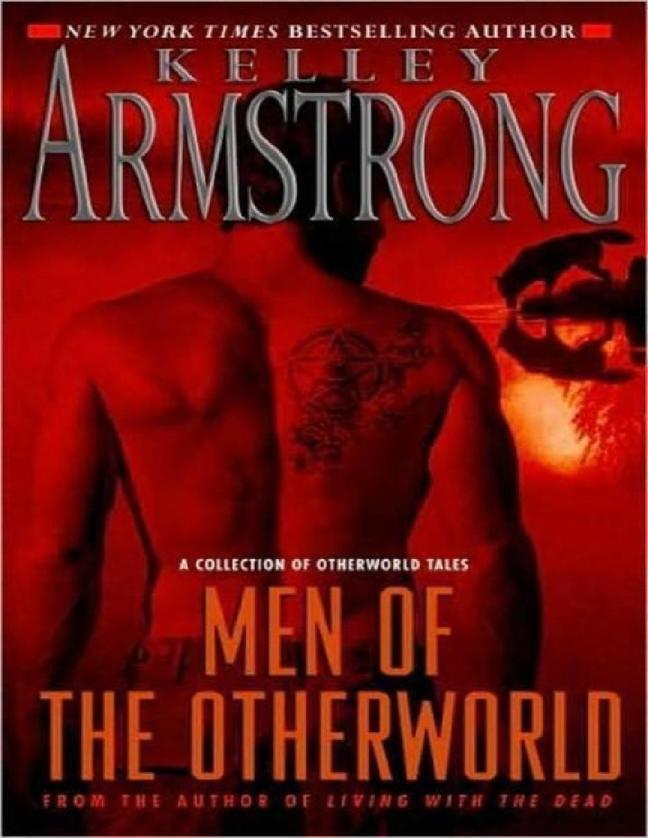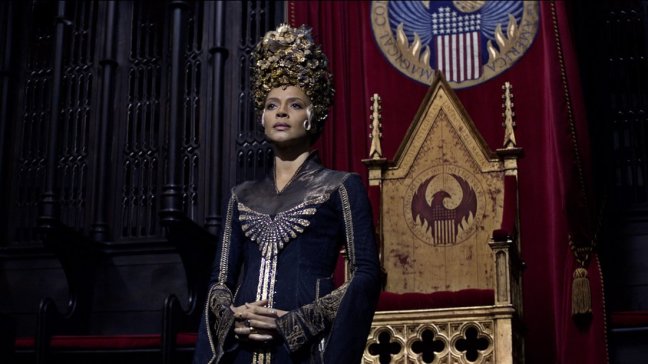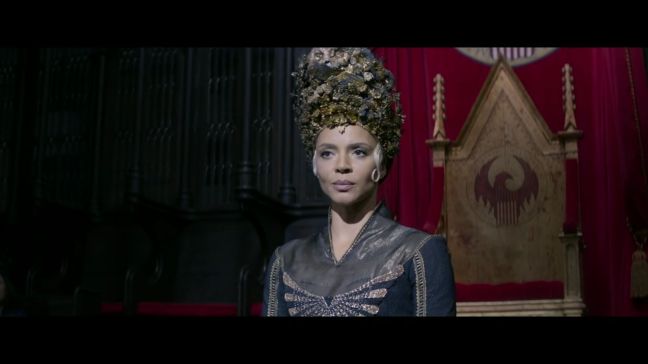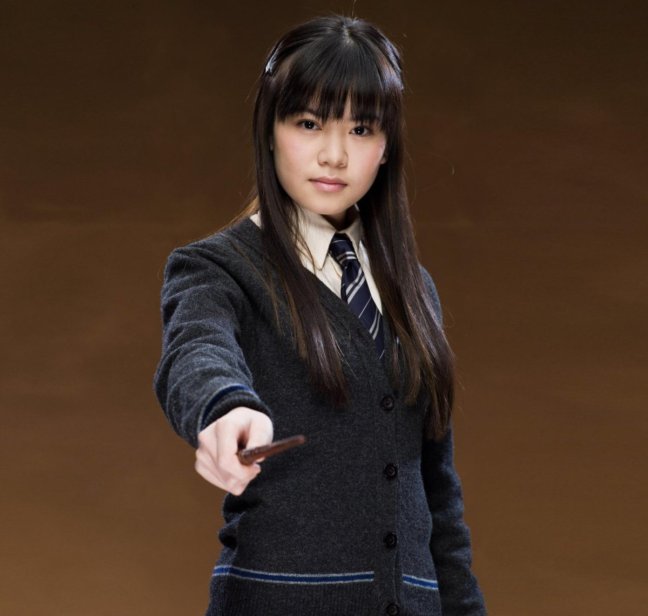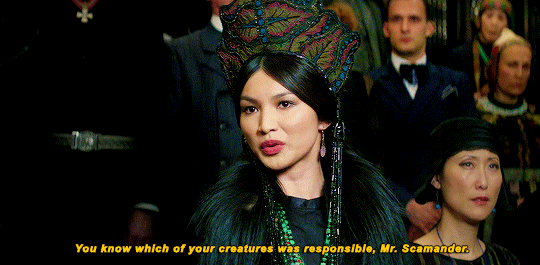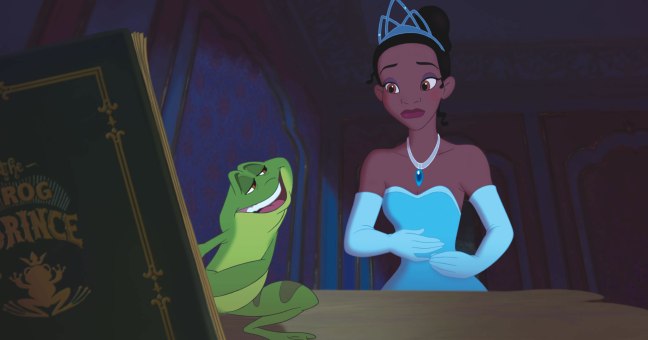BLURB: I don’t remember the first time I changed into a wolf. One night I passed out, and awoke to find my body covered in yellow fur. My brain was beyond reacting. It took this in its stride, as it had everything else in my new life. I got to my feet and went in search of food.
As a curious and independent six-year-old, Clayton didn’t resist the bite – he asked for it. But as a lone child werewolf his life is under constant threat. So when enigmatic Pack member Jeremy Danvers saves him, Clayton is determined to protect his adoptive father, no matter what the cost.
So begins this gripping collection of four tales chronicling the bloody feuds of the American Pack, and the coming of age of Clay Danvers, a very powerful – and very singular – werewolf.
REVIEW: In spite of my gripes with paranormal romance, I love Kelley Armstrong’s writing; she’s funny, descriptive, her action sequences are great and I love her sense of snark. Out of all the different supernaturals that occupy her Women Of The Otherworld series, the werewolves are my favorite creatures. So when I found out this book was all about the werewolves with (almost) no other supernatural creatures, and minimal romance, I was in. Men Of The Other World was everything I’d hoped it’d be. Or at least, the Clay novellas were. The stories surrounding Jeremy’s heritage were a disaster zone, but I’ll get to that.
The two longest, Savage and Ascension, cover Clay’s upbringing and Jeremy’s rise to Alphadom.
Savage mainly covers Clay’s meeting with Jeremy and his attempts to fit in with the pack, while Ascension covers the pack politics surrounding the power struggle that emerged over who will succeed an aging Dominic as Alpha.
Even though I hated Clay’s relationship with Elena, as a character he was interesting. A man who was turned a wolf as a child ( a sort of modern Mowgli), his story was fascinating and one that begged to be told. And Savage does an excellent job of this.
His meeting with Jeremy is very emotional and shows the patience of the man. Although this story is being told retrospectively from the POV of adult Clay,its still done in a way which employs the thought processes of child Clay. As someone who became a wolf when he was four and left human society until he reached the age of seven, Clay had initially forgotten how to understand human speech and has become a feral, slowly starving in the world.
Even though there’s no dialogue (Clay had forgotten how to speak at this point), and Clay doesn’t understand what’s going on, the emotion is all there. Clay’s mindset is that of well, a cross between a frightened child and scared animal, whose mentality is purely fight or flight, not fully comprehending what’s going on and only coming to Jeremy for food. He sees Jeremy’s attempts to try and dress him as a ‘game’, and it takes a long time to build trust. Armstrong doesn’t rush this, and we have repeated incidents of Clay running away, causing trouble and making Jeremy’s life extremely difficult.
This really demonstrates the compassion of the character, and his patience. Another wonderful thing about this story is that we finally see the werewolves (other than our Italian businessmen) hold down a job. In Women Of The Otherworld, it always felt vague how they were managing to afford this huge property as neither Clay, Elena nor Jeremy’s jobs were shown having much impact on their lives. Here, we see Jeremy having to deal with managing accounts and the inheritance of Stonehaven on his own, and having to deal with translating work to keep the place afloat. This added a lot of authenticity to the book, and it was so wonderful seeing him having to deal with financial issues rather than living in the almost Disney Princess fantasy land where he can just get loads of money selling the odd painting because he’s just that super talented.
It was also great seeing a young Nick growing up with Clay, and their friendship and how his easy going nature clashed with Nick’s loner personality.The power struggle within the pack was fascinating and it was interesting seeing how the different power struggles clashed, although I don’t understand how Malcolm could have ever been a viable contender. Malcolm himself, was just a big, mean ball of macho bile; he doesn’t have a job, is continuously antagonistic to everyone. I honestly didn’t understand why a sensible Alpha like Dominic tolerated him, because he’s such a pantomime villain and a loose cannon. Sure, he’s a great fighter, but he’s nothing that couldn’t be replaced by a good shot gun. What did save him from cartoon villaindoom, however, was his fascination with Clay. I liked how they were both sort of different sides of the same coin, and Malcolm uses his wolf ideology to justify his cruelty, while Clay, allegedly more wolf than human, cannot understand this senseless cruelty.
One thing I did really hate was how quickly Clay went from being behind his peers due to being in the wild so long, to suddenly being extremely gifted and talented and ahead of everyone else. This happened in the space of a year or two. I’m sorry, but this is complete nonsense. There’s no way Clay could have caught up so quickly, and the only reason he does is because he’s meant to be this super special love interest. Clay is impulsive, irrational and lacks judgement and is extremely primal. He has shown absolutely no sign of having a brain for the entire series, there’s no way I buy him as this super special genius.
But all in all, I absolutely loved these novellas and enjoyed them more than a lot of Elena’s books in the main series.
Infusion and Kitsunegari
Now, with a heavy sigh I have to get to the disaster that is Jeremy’s Asian heritage. Oh my, why did she have to do this? You see, in this Jeremy is half kitsune on his mother’s side (which isn’t a spoiler- if a Japanese supernatural turns up in urban fantasy, it’s always a kitsune). So basically, a kitsune comes along, breeds with Malcolm in order to give Jeremy cool Asian mind powers and is killed conveniently when she’s completed her utility. Yeah, that sounds a bit cold but that’s basically all she is- an exotic baby maker that gives her son superpowers.
The problem is that this is the poster boy for badly used mixed race protagonists in urban fantasy, which is excellently deconstructed in this article here. The only reason that she’s Asian is so that Jeremy gets cool exotic powers, and of course after she’s done that, she’s of no further use so she’s done away with. Nothing of her heritage is passed on to Jeremy, she’s never treated as a person, and none of Jeremy’s heritage affects his life or him as a person- you’d think that growing up getting racially abused by his father and being the only mixed race Asian amongst a bunch of white men would have some affect on him. But no, it’s brought up so little in the series this feels like a bizarre ret con. This is even lazier Mixed Race writing than Zoey Redbird was in HoN, who at least acknowledged the existance of her heritage (even if it’s only to justify her super special spirit Pocohontus powers)- and if I’m saying an element is worse than anything in HoN, that’s the most damning criticism I can heap on something.
Worse still, in Infusion, the reason that the kitsune grandmother uses for choosing to throw her grandaughter at Malcolm is because their race is dying and they need ‘strong blood’. Yeah, POC wanting the ‘strong bloodline’ of white people is a racist trope that’s been around for centuries, and though I’m sure Armstrong didn’t purposefully write it that way because she’s not a white supremicist, it sounds so much like this it’s impossible to ignore. Also, having a Japanese woman throwing herself at a white man in the 40s… when the Americans were throwing Japanese Americans into internment camps? Man, that’s pretty bad.
It appears they do at least acknowledge the racism and the mother does say that she was playing on Jeremy’s Racist attitudes… but because she’s given no character it all feels played straight.
It gets even worse in Kitsunegari, as a gang of Kitsune attempt to seduce Jeremy away from Jaime in mangled English saying ‘I for you.’ So basically:
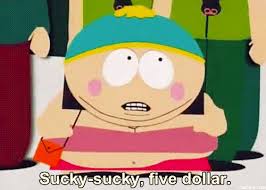
Yes, we went there: we went full ‘me love you long time’, and it doesn’t even have the excuse Full Metal Jacket did of being written in the 80s. Or Southpark for being Southpark. These creatures are literal submissive sex objects, and apart from being desperate for Jeremy’s superior white- um, werewolf – semen, they’re given no agency, no will of their own compared with the other supernaturals of Armstrong’s world. They are literal sex objects throwing themselves to be used by the white male protagonists, and that is one of the most pernicious, nastiest racial stereotypes surrounding Asian women. This wouldn’t be so bad if there were more Asian characters, but Women Of The Otherworld is whiter than Donald Trump’s porch after a snowstorm. Hope Adams is the only non white narrator in the series, while Zoe Takano is the only asian character in the series… and she wasn’t exactly very competent in Broken.
I mean, why are the Kitsune dying out when the werewolves are doing just fine? Surely there were plenty of other supernatural creatures nearer home they could breed with? Why travel to a country they were on bad terms with for their supernatural sperm doner. Plus, kitsune and shape shifters in Japanese mythology typically try and breed with nobility, so the Danvers would be of low blood and beneath them.
It’s a shame we had to do this, to walk into so many unfortunate racial tropes for no other reason than to give Jeremy a bit of extra magic- which could have been done another way, as to my knowledge mind powers aren’t amongst the typical kitsune skill set anyway ; it was interesting delving into Malcolm’s twisted psyche, and Jaime was her usual awesome sassy self. Plus, it was nice seeing Jaime and Jeremy interacting as a normal couple, having to make time to see each other, working around each others schedules and responsibilities. Damnit, why did we have go there book? You were so brilliant otherwise!
VERDICT: Ignoring the tropey racial disaster zone that were Infusion and Kitsunegari, Men Of The Otherworld was an excellent collection that did everything a set of short stories about a main series should do: they told a story in their own right, and added a lot of depth to the series main characters.
RATING: 4 wolves out of a pack of 5
And on a final note, the English cover looks so much, and so much better than the alternative version. It’s good to know that at least Women Of The Other World is going equal ops on terrible torso pictures:
